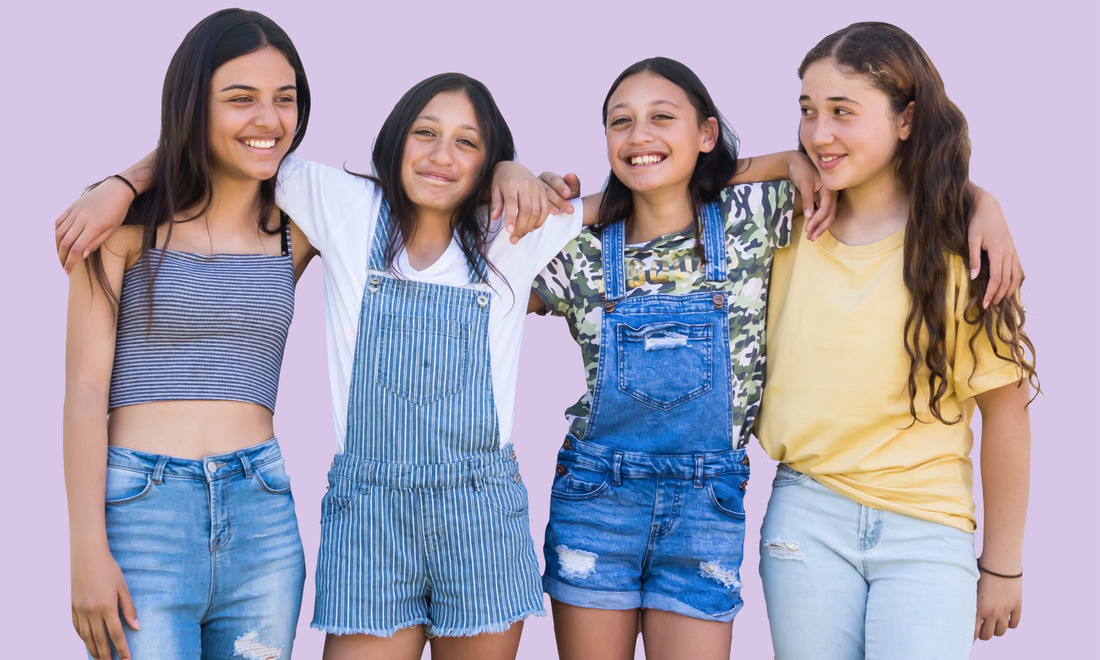
Ways Dads can talk to their kids about periods
When young people get their first period it can be difficult to know how to support them (especially for Dads). We’ve seen such a positive shift since we started AWWA and we have come a long way in opening the conversation around ikura. The work to destigmatise periods is in progress and our boys and men have an important role to play before this job is done.
So firstly, we want to acknowledge the fact that you’re here wanting to be part of the conversation, to support your kids and partner when it comes to their ikura (periods) 🧡
For our Māori ancestors periods were openly discussed
Through the incredible research of Dr Ngahuia Murphy, we know that periods were treated very differently for our Māori ancestors. Some brief examples of this include:
- Boys were openly educated alongside girls about ikura (periods).
- Men were known to help with the women's duties while they were bleeding.
- There would often be a big community hākari (feast) when a girl received her first ikura.
We take inspiration from these indigenous ways when we look at how we can approach periods with our kids today.
Start with your own knowledge
Due to our (often genderised) sex education in school - many men have limited understanding of what a period is. This is a great place to start!
- Get curious and familiarise yourself with what a period is - how long it lasts, how many pairs of AWWA are needed for a cycle.
- Familiarise yourself with all phases of the menstrual cycle, not just the bleed. That is going to help you to feel more connected with the menstruators in your life as you understand the ebb and flow of their cycle.
Ways to support your kids/partner with their periods at home
A period is a nurturing time and there are so many ways you can model this type of behaviour at home - including the way you communicate with your partner about their ikura. Children are extremely observant and if they see that their Dad is doing this, they will instinctively begin to view their own period as a time they should and will be cared for.
- Start or join in the conversation at home and ask your partner how she's feeling.
- Plan a special meal for her.
- Take over some of the workload at home that she does
- Run her a bath.
- Be part of the product buying
- Wash her AWWA
Then, beginning to notice the whole menstrual cycle will help you to recognise the ebb and flow of energy in the month as this affects mood, energy, and productivity.
- Having an idea of when your partner/kids periods might be due, can allow you to be prepared and make arrangements the week before to help out more.
- It can also allow deeper connection and understanding. You will have more awareness of when/why they might have less energy or an elevated mood.

